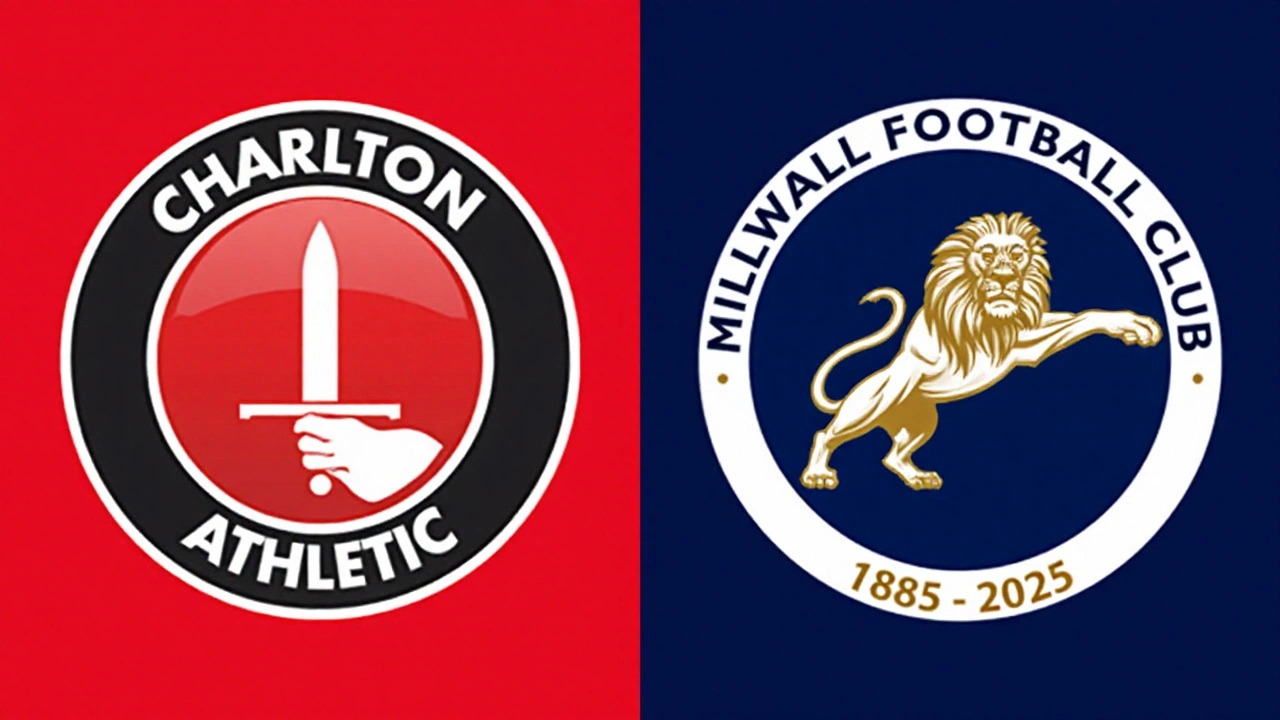Match Analysis: What Every Young Player Needs to Know
Ever watched a game and thought, “I wish I could see why that play worked?” That’s what match analysis is all about. It’s a way to look at a match step by step, find the good bits, the mistakes, and the chances to get better. For Layton Juniors players, this skill can turn a normal training session into a real growth boost.
First, you don’t need fancy software or a degree in sports science. A phone, a notebook, and a bit of curiosity are enough. Start by picking one match – it could be your own game or a professional one you admire. Watch the full 90 minutes once without stopping, just to feel the flow. Then, on the second watch, pause whenever something important happens and jot it down.
How to Read a Game
Look for three simple things: shape, movement, and decision‑making. Shape is how the team lines up on the pitch – are they compact when defending? Are they spread out when attacking? Movement covers the runs players make off the ball – note any player who finds space or creates a passing lane. Decision‑making is about the choices: did the midfielder choose a safe pass or try a risky through ball? Write a quick note for each of these moments.
After the match, group similar notes together. For example, you might see that the team loses the ball every time they press high without covering behind. That’s a pattern you can work on. Or you might notice a player consistently makes smart runs that lead to scoring chances – highlight that as a strength to build on.
Applying Analysis in Training
Take the patterns you found and turn them into drills. If the team’s shape collapses when defending, set up a small‑sided game that forces them to stay compact. If decision‑making is the issue, run a passing drill where players have to choose the best option under pressure. Keep the drills short and focused – one key point per session works best for young players.
Don’t forget to involve the whole squad in the discussion. A quick team huddle after training, where you share one positive and one area to improve, makes analysis feel like a team effort, not a critique. Kids respond well when they see clear links between what they saw on video and what they’re doing on the pitch.
Remember, match analysis is a habit, not a one‑off task. Set aside 10‑15 minutes after every game to jot down observations. Over time, patterns become obvious, and you’ll see the team make smarter choices without even thinking about it. That’s the real power of breaking down matches – it builds intuition.
So grab that phone, press play, and start watching with a purpose. Your players will thank you the next time they win a crucial duel because they saw it coming in the analysis session before. Happy analyzing!

Charlton vs Millwall: Late equaliser preserves Lions’ 14-game derby streak in dramatic draw
A late Ra'ees Bangura-Williams strike earned Millwall a 1-1 draw at The Valley, denying Charlton a first derby win in years and stretching the Lions’ unbeaten run in this rivalry to 14 matches. Sonny Carey put Charlton ahead before Kayne Ramsay’s 74th-minute red card swung the game. The result keeps Millwall’s psychological edge intact in a tense South London derby.
Continue Reading